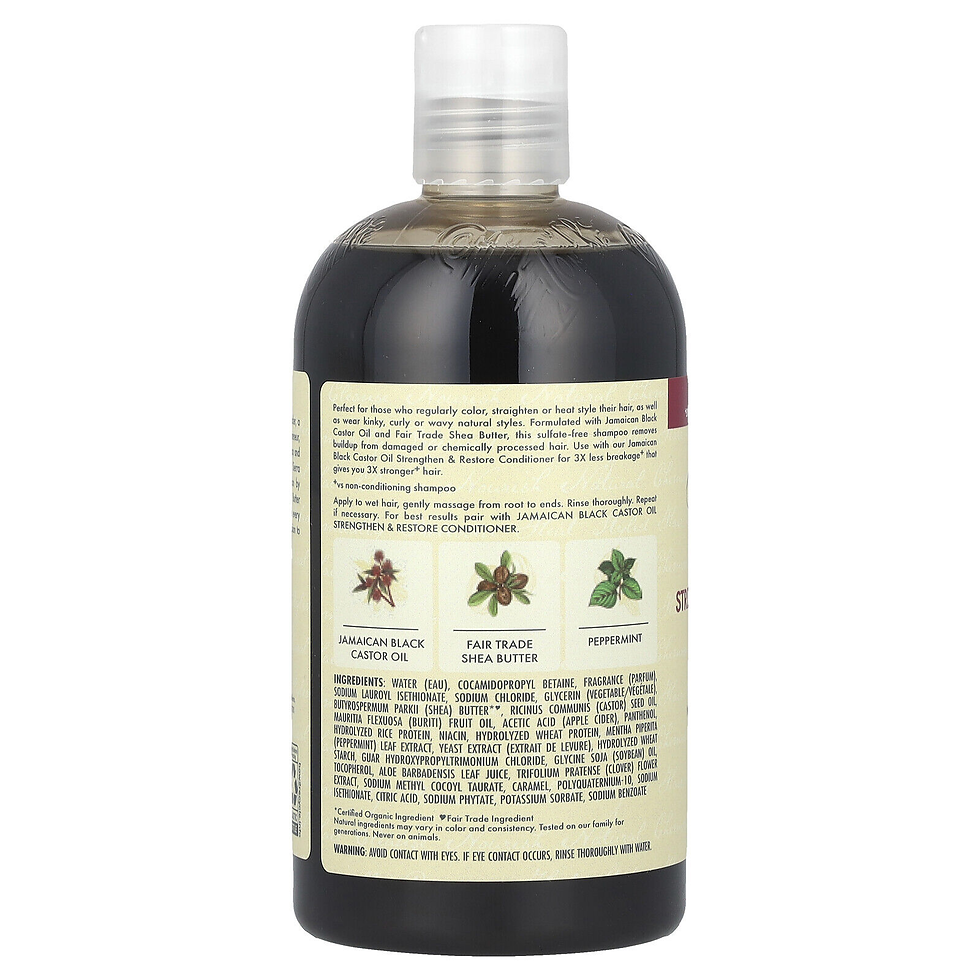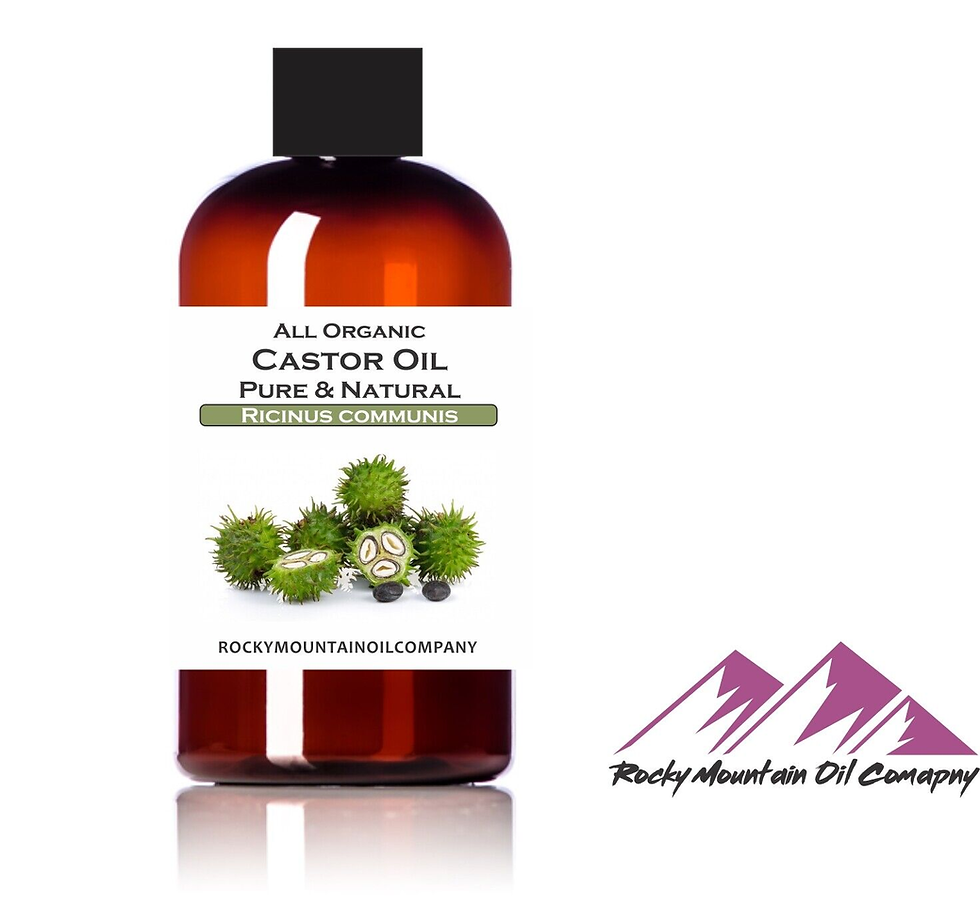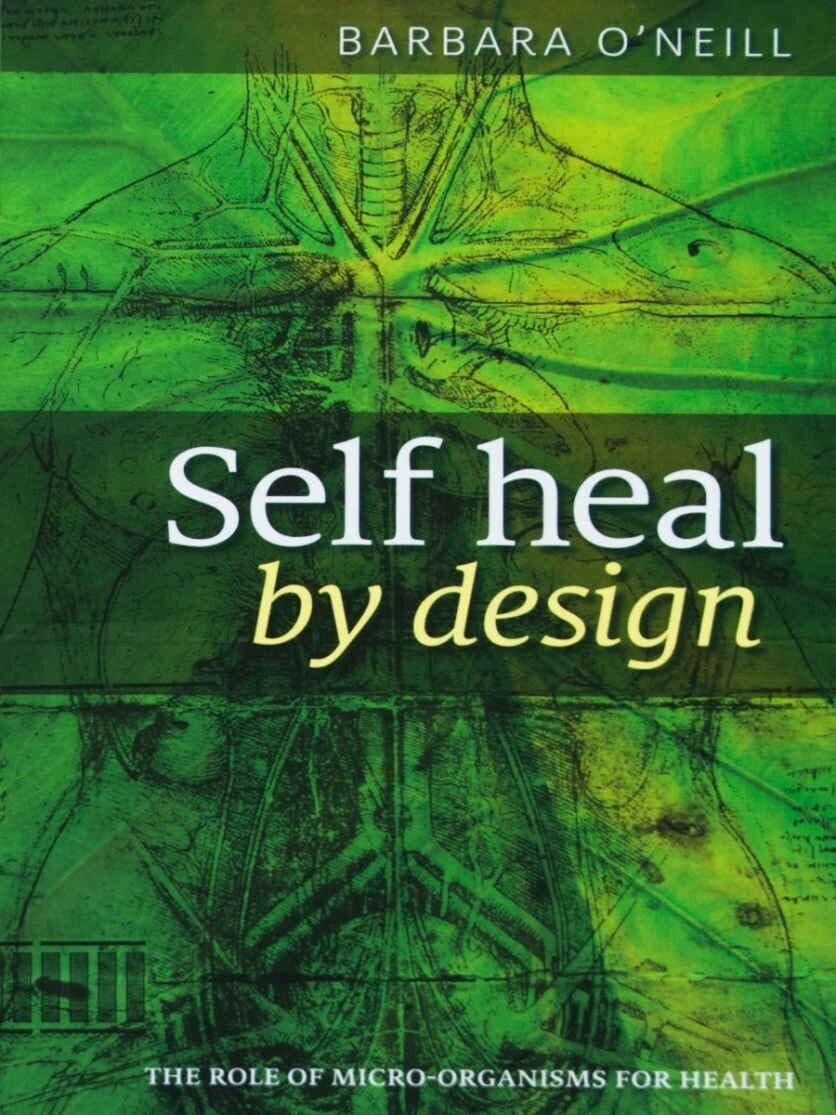Organic Beet Root pwd 16 Oz or 1 Lb Bag (Beta Vulgaris) with
36,48AU$
📢 Welcome to www.HerbalHealth.Shop Your supplier of a huge range of natural and organic products from big brands and small family-owned businesses across the world. 🌿 Discover the Power of Nature! 🌿 Looking for a natural way to support your health and well-being? Our premium-quality product is crafted with care to bring you the very best of nature’s goodness. Perfect for those seeking a holistic approach to wellness, this product is designed to support your body with essential nutrients and powerful herbal extracts.
This Listing is for
Organic Beet Root Powder (Beta vulgaris)
1 LB Gross Bag at Amazing Price and
Also known as
Beta vulgaris
Introduction
In ancient times, beets had elongated roots like carrots and the globular red beet we now eat was only hybridized about 300 years ago. Beets have the highest sugar content of all the vegetables and are becoming popularly used as a sweetening substitute. Beet juice and beet powder are used to flavor carrot, celery, and other vegetable juices, and also to color a variety of foods. Beets, or at least the leaves of the beet, have been used since before recorded history. Charred beet roots were found among Neolithic remains at an excavation site in the Netherlands. The Sea beet, the ancestor of the modern cultivated beet, was probably domesticated somewhere along the Mediterranean. Both the roots and leaves have been used in folk medicine to treat a wide variety of ailments since the time of the Romans, who used them for fever and constipation. Hippocrates used the leaves as a binding for wounds. In the Talmud, the rabbis recommended "eating beet root, drinking mead, and bathing in the Euphrates" as part of a prescription for a long and healthy life. During the middle ages, Platina in his De Honesta (1460) noted that beet root was good for bad breath, especially "garlic breath".
Constituents
Betaine (the same as the nutritional supplement trimethylglycine, not the same as betaine hydrochloride), and also alanine, alantoin, arginine, beta-carotene, calcium, fiber (about 10% by weight), GABA, glycine, histidine, magnesium, pantothenic acid (vitamin B5), phosphorous, potassium, selenium, thiamine (vitamin B1), tryptophan, tyrosine, vitamin C, zinc, and, interestingly, although not in nutritionally significant amounts, zirconium.
Parts Used
The dried root, powdered. May be administered directly, whipped into a smoothie or drink, or sprinkled on food
Typical Preparations
1 or 2 teaspoons added to water or juice, 2-4 times daily. 1 teaspoon of powder provides the nutrition in 1 beet.
Summary
Beet powder provides a wide range of nutrients, but its most significant phytochemical is betaine.
| Sales Policy: |
|
|
| Shipping Details: |
|
|
| Payment Details:
|
|
|
| : |
|
|
| Contact:
|
| Privacy Policy: |
|
|
| Feedback: |































